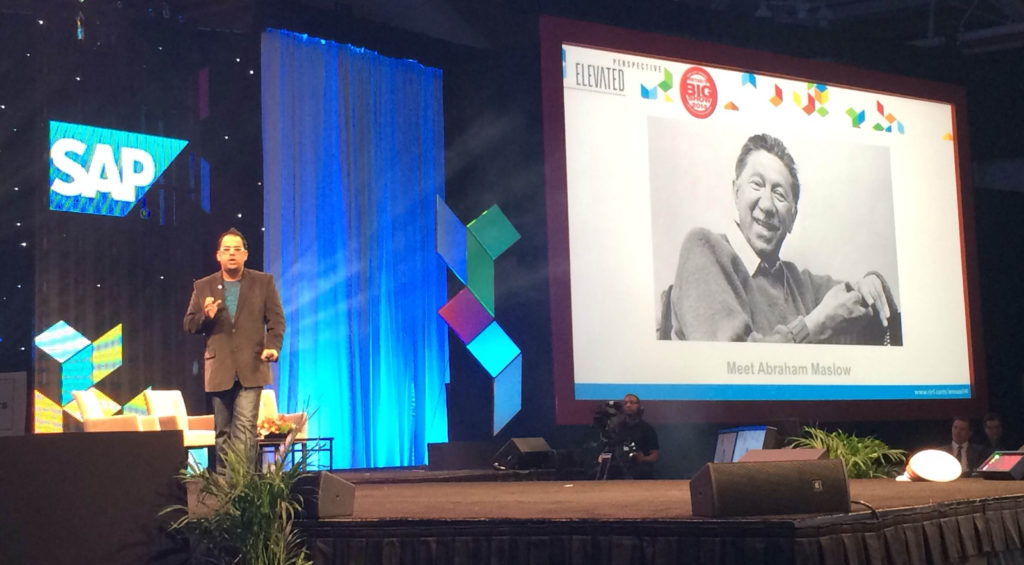Jimmy Buffett, the legendary musician known for his songs about partying and the laid-back island lifestyle, has officially joined the billionaire ranks. Through his expanding hospitality empire, personal real estate, song catalog, and private investments, Buffett has successfully built a cult brand that has made him one of the most successful entrepreneurs in the entertainment industry.
Buffett’s empire includes over 30 restaurants and hotels, with his signature Margaritaville chain being a fan favorite among tourists and locals alike. The hotels offer guests a chance to experience the carefree island lifestyle that Buffett has made famous. In addition to hospitality ventures, Buffett has also invested in other industries such as owning a stake in the Miami Dolphins NFL team, a large stake in the sunglasses company Warby Parker, and a partnership with Anheuser-Busch to produce LandShark Lager. He even part-owns the St. Paul Saints minor league baseball team.
One of the biggest assets of Jimmy Buffett’s success is his devoted and largely older “Parrothead” fan base. These fans tend to have plenty of disposable income, and they like to spend it at Buffett-owned properties. Millions of Parrotheads from all over the world stay in Margaritaville hotels every year, gamble in a Margaritaville casino, retire in a Margaritaville community, or shop at Margaritaville retail stores in shopping malls and airports. One can even go on a cruise on the Margaritaville Paradise with Margaritaville at Sea.
Buffett’s success began with his love for Key West, Florida. He opened his first restaurant, Margaritaville Cafe, in Key West in 1985, and it quickly became a hit. From there, he continued to expand his restaurant chain, opening locations in popular tourist destinations. He also started investing in hotels, opening the first Margaritaville resort in Pensacola Beach, Florida, in 2010. Since then, he has opened hotels and resorts in various locations.
One of the keys to Buffett’s success has been his ability to create a cult brand experience that his fans cannot get enough of. His empire offers a chance for people to escape from their everyday lives and embrace a more relaxed, carefree lifestyle. Additionally, Buffett’s hospitality empire is built on a strong business foundation. His team is dedicated to providing top-notch customer service and creating a strong brand that resonates with consumers. With his diversified portfolio, Buffett has weathered economic downturns and other challenges.
Finally, Buffett’s most popular and well-known songs, known as “The Big 8,” have been his core canon. These include “Margaritaville,” “Come Monday,” “Fins,” “Volcano,” “A Pirate Looks at Forty,” “Cheeseburger in Paradise,” “Why Don’t We Get Drunk,” and “Changes in Latitudes, Changes in Attitudes.” Last year, Buffett’s song “Margaritaville” was added to the Library of Congress as a significant piece of cultural work.
Overall, Jimmy Buffett’s success can be attributed to his ability to create a cult brand that resonates with his fans, as well as his diverse business portfolio and dedication to providing an exceptional customer experience.
—
“Who wants a cult brand? After reading The Power of Cult Branding, you will want to create one as soon as possible. The logic, the strategies, and the tactics are spelled out for you in comprehensive detail.” —Al Ries, author of The 22 Immutable Laws of Branding.
Join us in our quest to create a cult-like following for your business, and let’s redefine success together! Don’t miss out—your brand’s future awaits at www.cultbranding.com.

